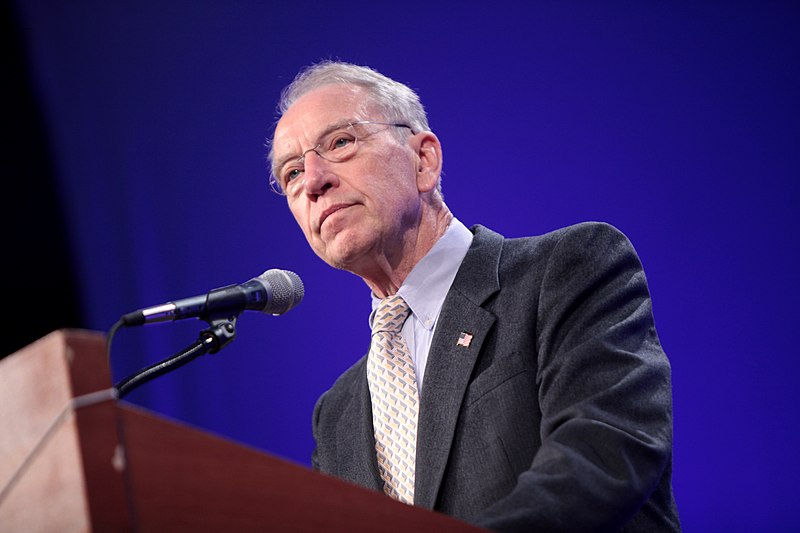It seems to happen with a depressing regularity: Some mole seems to be at work, comprising U.S. intelligence assets overseas, and our officials even have a pretty good idea who the mole is. And does nothing for years to stop them.
The recent arrest of Jerry Chun Shing Lee brought echoes of former years-long, even decades-long campaigns to deal with treason inside of our intelligence apparatus, and Senator Chuck Grassley seeks answers.
Lee’s arrest after an international flight to New York came more than a decade after he left the CIA, and years after outward indications of his vulnerability to recruitment by Beijing’s intelligence operatives, a former supervisor at a private investigation firm where he worked told POLITICO…..some U.S. officials also suspect he betrayed up to 20 U.S.-recruited Chinese intelligence assets believed arrested or even executed by the Beijing government over the past decade.
The whole tale involves to much complexity to unravel here, but questions resurface:
What instruments are used to root out counter-espionage, given the special challenge? By definition the spies are culturally complex–spying on China means knowing the language and culture well, perhaps being native-born.
Why such long trajectories from firm suspicion to actually taking action against suspected traitors?
What’s new in this case? Did you notice the mention of “a decade” passing after Lee’s last service in the CIA, and only now an arrest. What’s up with that?
Spy watchers have a lot to chew on here…at several levels.
(Much more detailed articles on this case can be Googled. And stay tuned.)













